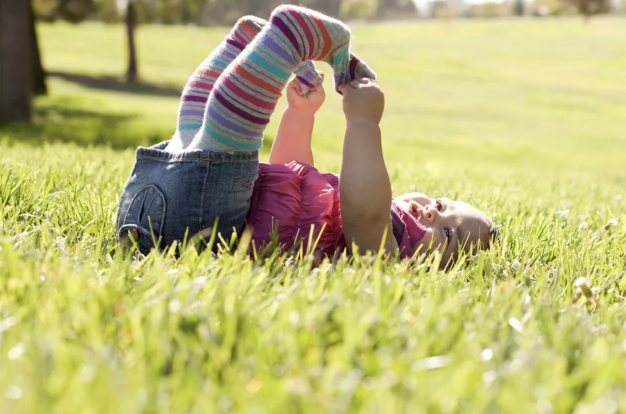
Effects of pollen also now found in babies
Babies – and not just older children and adults – can experience wheezing and coughing as a result of airborne pollens, say researchers in Switzerland.
This is an important finding, according to the University Children’s Hospital Basel (UKBB), as infancy is a ‘particularly sensitive time’ for the development of the lungs.
The researchers’ findings, which have been published in the scientific journal, Allergy, have resulted in them being awarded the Pfizer Research Prize.
They monitored over 400 babies through the first year of their life, recording the children’s symptoms on a weekly basis.
The team, led by Dr Amanda Gisler, estimated pollen exposure for the corresponding week for each infant using data from the nearest monitoring station, and used statistical models to examine any significant associations between individual pollen exposure and respiratory symptoms.
‘Starting point for further studies’
Those children who were exposed to higher levels of tree and grass pollen were found to have more respiratory symptoms. This is an important breakthrough, says the team, as the connection was previously only known in older children and adults.
“Dr Gisler’s study contributes significantly to a better understanding of how pollen affects the sensitive development period of the first year of life – this can be seen as a starting point for further studies to reduce the development and progression of respiratory diseases.”
The Pfizer Research Award has been awarded annually since 1992 and is consider one of the most renowned research prizes in medicine. It honours young scientists working in Swiss hospitals or research bodies for their outstanding contributions to research.




